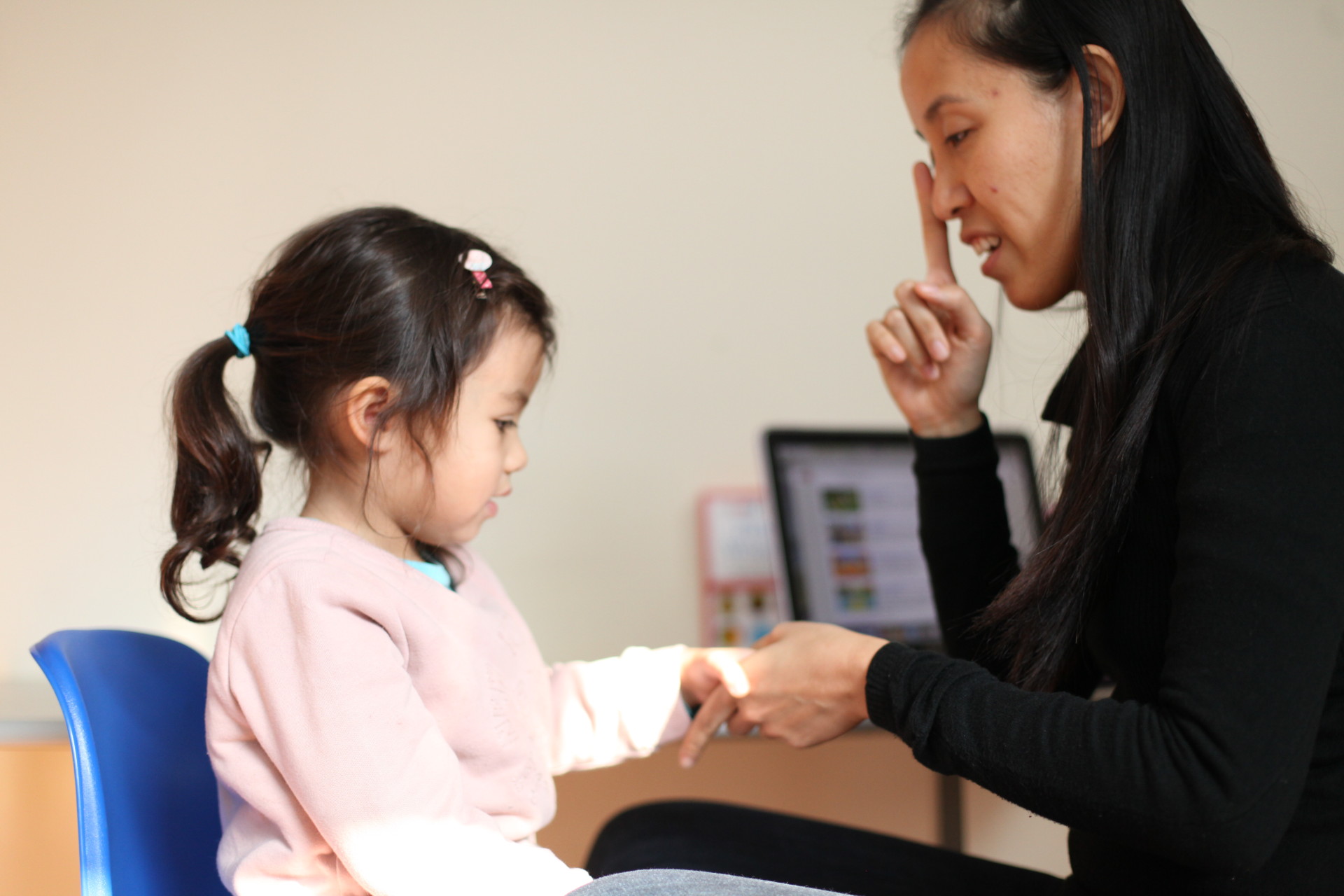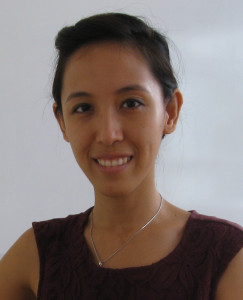Are you concerned about your child’s development? Want to learn more about different parenting strategies? Are you wondering how different children learn best? Do you have questions about education methods, schools, or general well-being?
ELG’s team of specialists is here to help! Every week we’ll be answering different questions from parents and educators in our community, providing resources and additional reading as well. If you have any questions about parenting, education, learning, school, or any other related topic, write to us on our wechat account and we’ll make sure our experts answer in the next installment!
Question of the week: My three year-old is still not talking, should I be concerned?
By Amihan Tayag, Speech-Language Pathologist at The Essential Learning Group
Answer:
Speech and language development varies from child to child. A child’s cultural and linguistic experience, and other factors in his environment can make an impact on his communication development.
Generally, from birth to 12 months, children learn to listen to sounds and how to respond to them. They engage in various vocal play behaviors, and communicate using gestures until they are able to form their first meaningful word.
A child’s first word typically emerges around 12 months. By the end of 18 months, the average number of words that he or she is able to say would roughly be around 50-100, and toddlers are able to put at least two-word phrases together.
As speech and language development is unique and complex, there can various reasons why speech has not yet been acquired by the age of three. Below are three professional articles on communication development and identifying the signs of possible communication disorders or delays:
- On the language skills of a 3-year-old, from PBS.org
- Early Detection of Speech, Language, and Hearing Disorders from American Speech-Language-Hearing Association (ASHA) Website
- Are my child’s language skills developing normally? From SuperDuper Website
In case a delay is suspected, the best approach is to consult a speech and language pathologist. As always, early intervention is best.
Amihan Tayag
Speech-Language Pathologist
Amihan is originally from Kent City, Philippines, and comes to ELG with over a decade of experience as a Speech-Language Pathologist. She has been helping children in both the Philippines and in the United States, working with children from various linguistic and cultural backgrounds.


